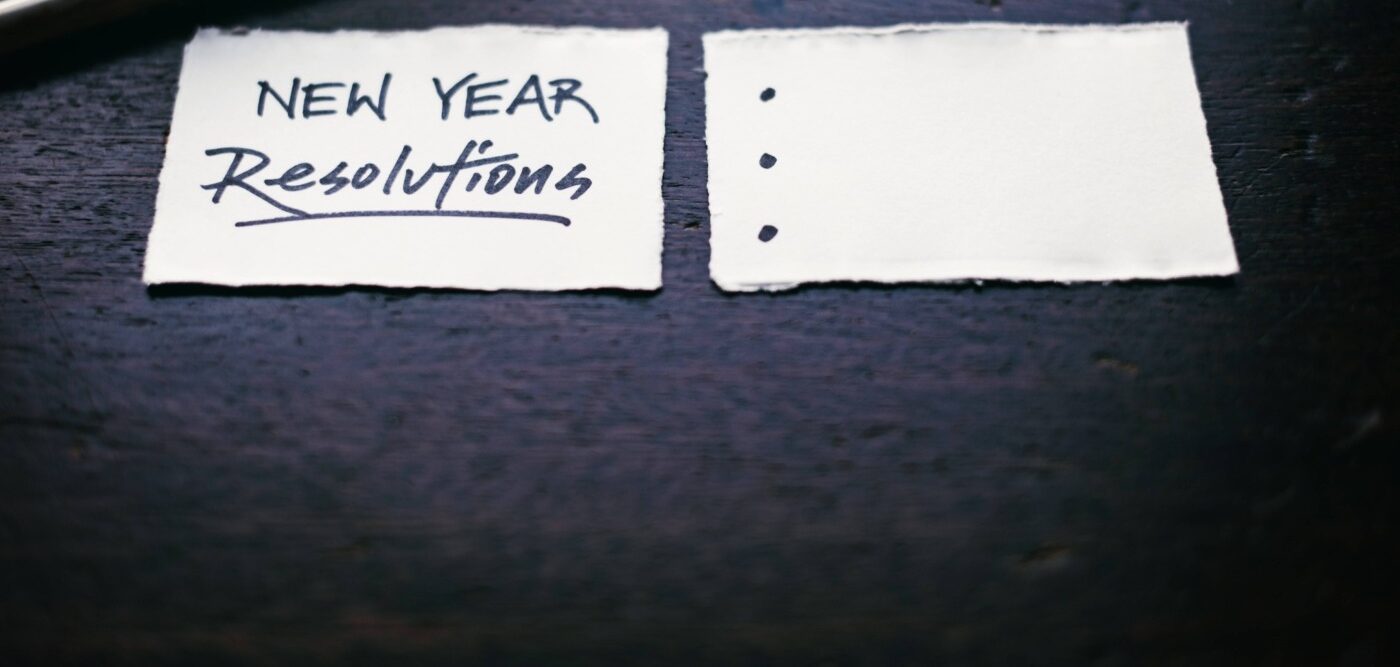Bookish new year’s resolutions
That liminal space between Christmas and the New Year, when no one really knows what day it is and it’s perfectly acceptable to eat finger food at every meal and start drinking at 3pm, admittedly didn’t feel that special in 2020. Especially given that a good portion of said year was spent in lockdown doing precisely those things for three months. And given how more restrictions are being put into place, it seems the regular new year’s resolutions are doomed to fail before we even have a chance to start them.
You can’t go to the gym to get fitter, you can’t travel anywhere, let alone travel more, and let’s face it, we’ve gotten pretty good at spending more time with family, and picking up a new skill, and getting more organised – we had the whole of the first lockdown to do that. So, as we move to the new year, and most likely to a higher tier, perhaps it’s worth examining how we can maximise our newfound free time with regards to our literature.
If we turn our reading into a chore, does it still remain an enjoyable leisure activity, or does it just become part of our ever-growing collective to-do lists?
The majority of book-related resolutions involve building on one’s current repertoire: such as reading more books than one already does, reading different genres and branching out from a comfort zone, or spending more time reading and allocating a set time daily or weekly to work towards the goal. Some reading challenges are readily available on the internet, on websites like GoodReads, such as reading one book a month, or reading for a set time every day.
Others turn to journals or book clubs to encourage motivation by tracking progress in order to monitor the habits themselves. While this could be sustainable and effective for some, the issue I see with following large-scale challenges is that the books are not tailored to an individual’s taste. This can lead to losing interest, not finishing the challenge, and just feeling worse about not completing the goal. If we turn our reading into a chore, does it still remain an enjoyable leisure activity, or does it just become part of our ever-growing collective to-do lists?
But, in order to have effective resolutions, the goals need to be realistic
For many people, myself included, crossing things off lists is an incredible form of motivation. Many feel the need to put every menial task on a list so that they can cross it off, and this may even extend to hobbies. Most people do have a reading list that they’ve been adding to, regardless of how likely they are to actually read it. But, in order to have effective resolutions, the goals need to be realistic. Take this time to ask yourself how likely you are to read the books you added to the list and declutter it if need be. Chances are, if the only books on the list are books you actually want to read, you’ll be more likely to start them.
Another thing we can do is be more conscious of what we’re consuming. If your eventual goal is to be more well-rounded, then track the genres you read currently and try branching out bit by bit. If your aim is to just read more books during the year, then consider setting out designated time frames to read by, or setting out time during the day to spend reading.
All this being said, we do have to remember that we’ve all had a long year, and we’re not out of the storm yet; aiming to be productivity machines is ultimately unsustainable in the long run. So, while it’s true that now is the ideal time to become more well-read, perhaps only consider it if you would like to do it for personal growth, and not for pandemic productivity points. Now is a great time to rediscover your love of reading or build on the habits you formed over the year, but we’ve all earned the right to go into the new year having deserved a break. So, by all means, have your bookish resolutions, but remember that the trick to accomplishing your goals is to genuinely want to read, enjoy the content you’re consuming, and treat it like a leisurely activity instead of a chore.

Comments